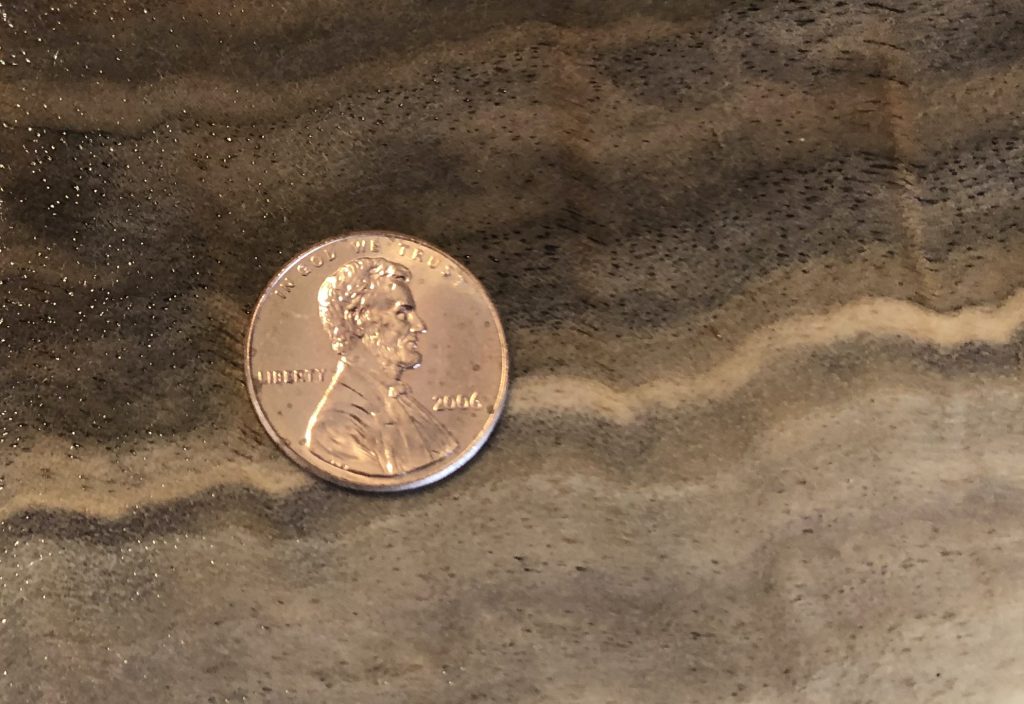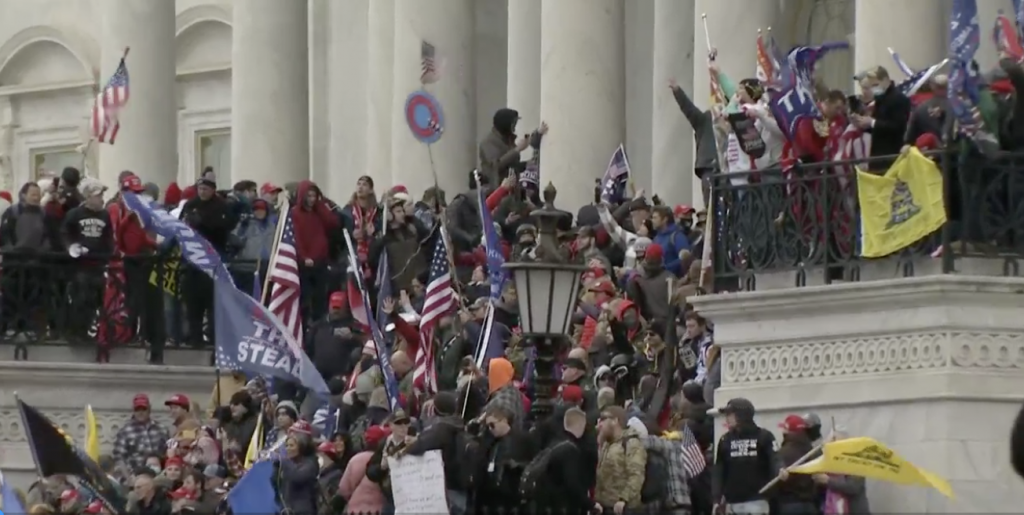
“Or again, how can anyone enter a strong man’s house and carry off his possessions unless he first ties up the strong man? Then he can rob his house.”
It is not an easy thing to take the possessions of a dictator. Or that of a local drug lord for that matter. To take what belongs to them you first have to ensure that they are not able to destroy you. Something everyone knows they will try to do if they so much as think for a moment that you are coming to take what belongs to them.
Yet it is true that Jesus seems to effortlessly plunder what was under Satan’s control. The man He just healed was possessed. He was ‘owned’ by a demon, who had complete control of him, to the point that the demon did not allow him to see or speak. That’s invasive control, not mere harassment. Yet the Word says merely, “Jesus healed him.” As though it was nothing for Jesus – less effort than choosing an item at a grocery store. But Jesus says that He is only able to do that after the ‘strong man’ has been tied up.
What Jesus gives us here is a glimpse into spiritual happenings that we are physically oblivious to. Effectively, Jesus is saying that in the healing He just did, He bound the demon and then cast him out of the man, so that He can then give the ‘possession’ back to the man who owned it to start with. The question that immediately comes to mind is, “How exactly did Jesus bind the demon to start with?”
Matthew had earlier told us how Jesus had commissioned and sent out the twelve disciples, commanding them to cast out the demonic; “Heal the sick, raise the dead, cleanse those who have leprosy, drive out demons.” But Matthew does not tell us the results they achieved, or that Jesus subsequently sent out the 72 (or the 70 ‘twos’). However, Luke does, and he writes, “The seventy-two returned with joy and said, “Lord, even the demons submit to us in your name.””
That is a key insight. It is the Name of Jesus that binds them. They are powerless in the face of His Name because His Name is the advance of His Kingdom. Where His Name is recognized His rule and reign must be recognized. This is why Proverbs tells us, “The name of the Lord is a strong tower; the righteous run to it and are safe.”
But if His Name is enough, how much more His very presence! Amen! People will always find freedom from every kind of sin, ungodly habit and demonic harassment where His Name is lifted up and where His presence is recognized. Which is why it is so important to welcome His presence, to ask the Spirit of God to come, and to lift up His Name at church. It is by these things that people find freedom!
In God we trust. In God’s Name we find.
It is under Christ’s yoke that we find rest, and in his service that we find freedom.
John Stott
APPLICATION: Worship
Let us run to the Name of the Lord. In Him we find safety and all we need besides.










